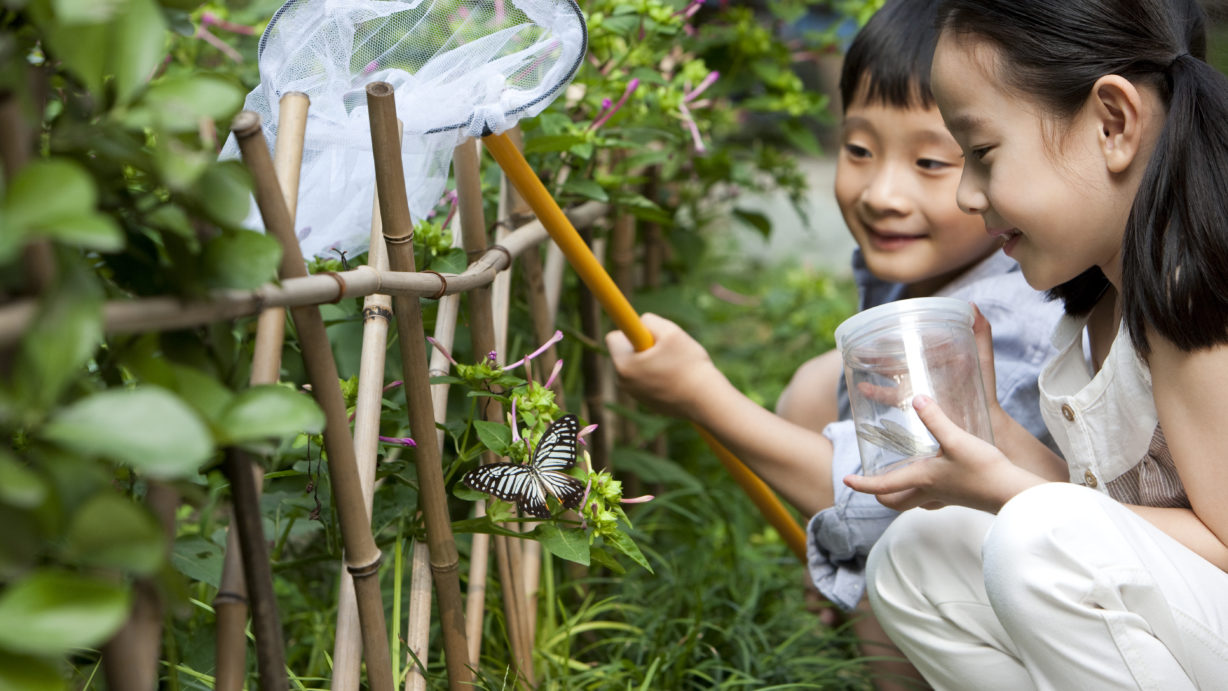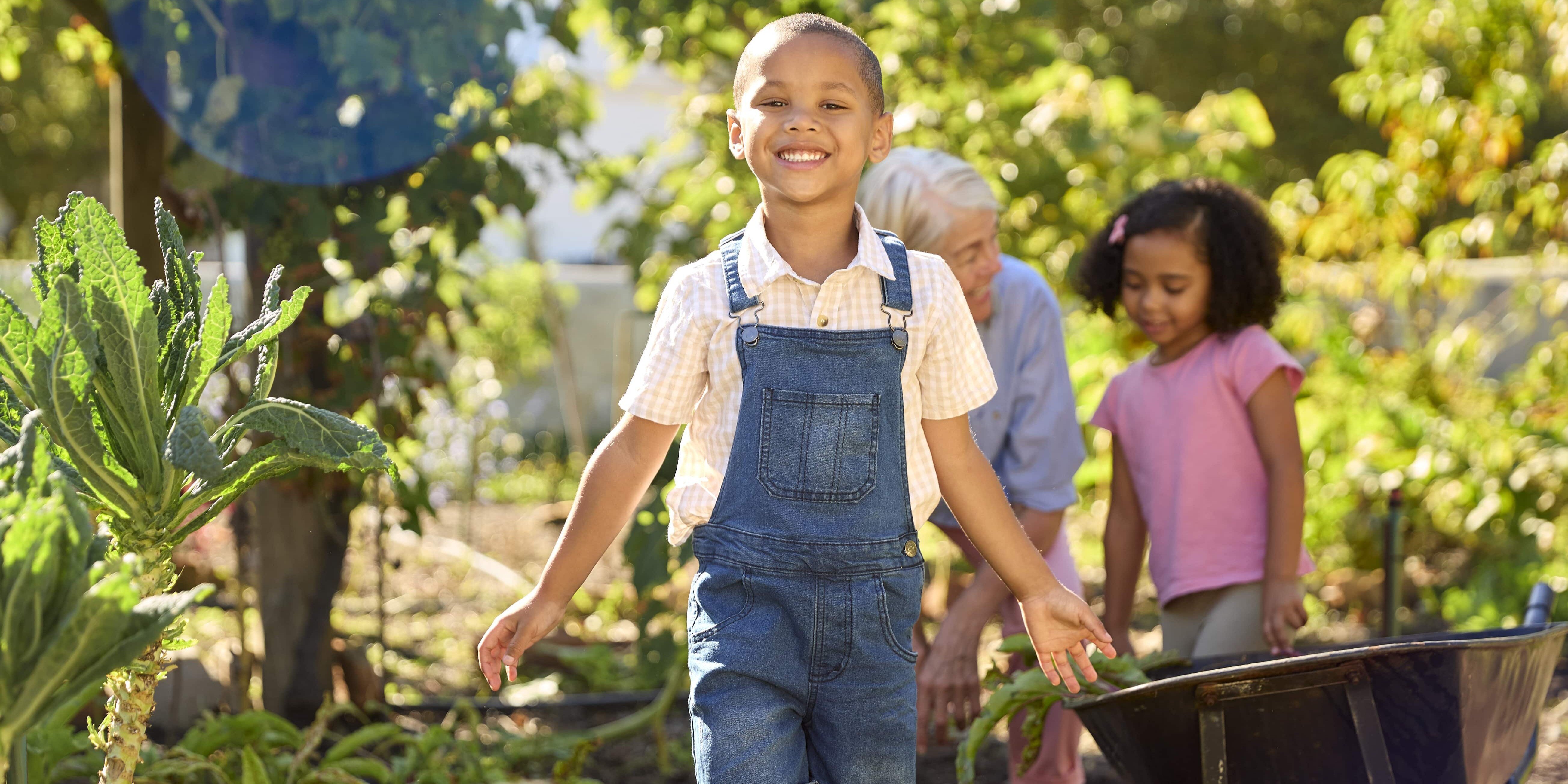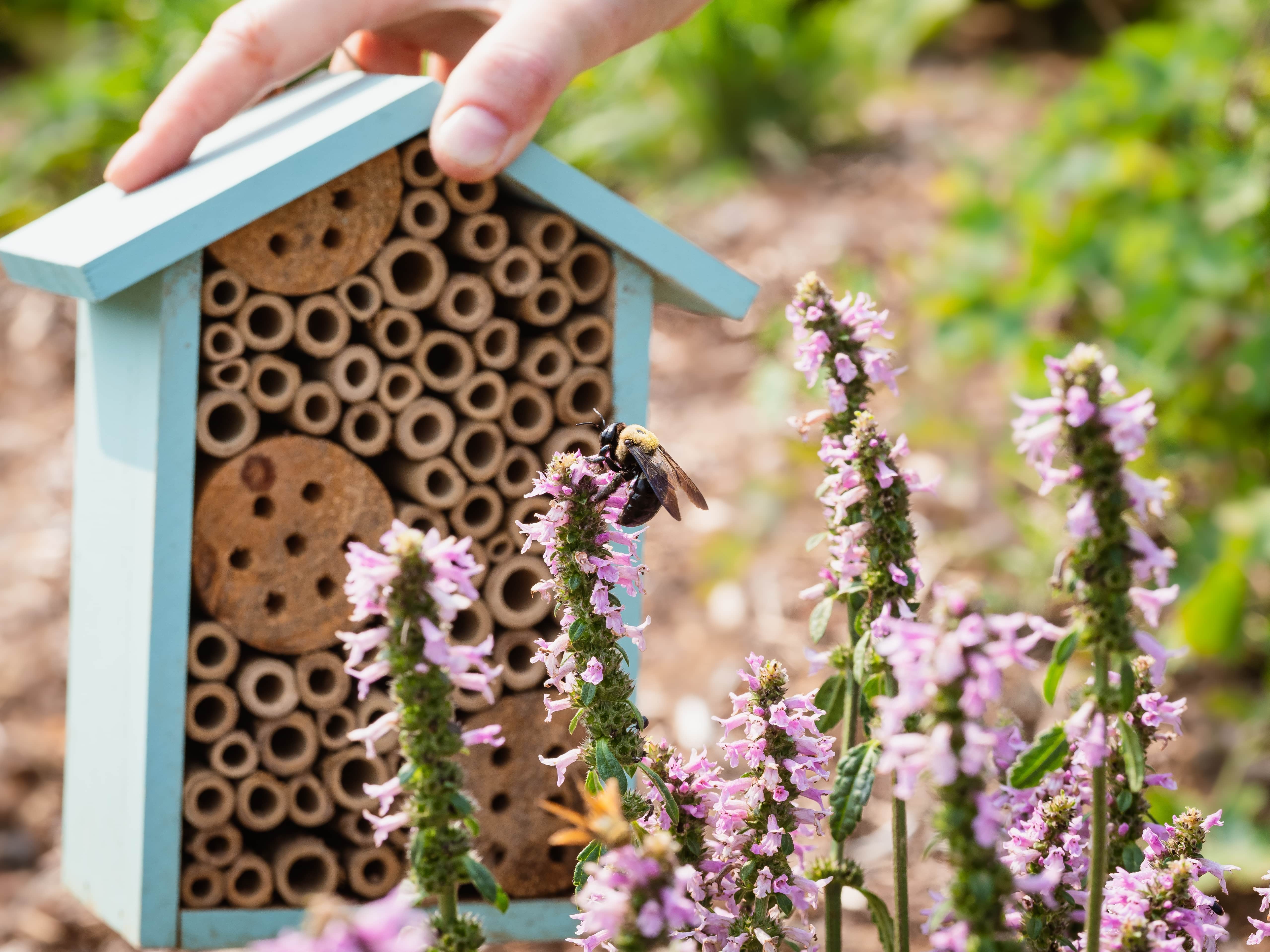Discover how gardening nurtures children's physical, emotional, and cognitive development while fostering a deeper connection with nature, promoting S.T.E.M. learning, and instilling a sense of environmental stewardship.
In today's fast-paced digital age, where children are increasingly drawn to screens and indoor activities, the simple act of gardening holds profound benefits. From fostering a connection with nature to teaching valuable life skills, gardening offers a wealth of opportunities for children to learn, grow, and thrive. In this blog post, we'll explore the many benefits of gardening for children and why it's worth nurturing this timeless pastime.
Learning about Nature:
Gardening provides children with a hands-on opportunity to learn about the natural world. From planting seeds to observing the growth process firsthand, children develop a deeper understanding of botany, ecology, and environmental science. They learn about the life cycle of plants, the importance of soil health, and the interdependence of living organisms in the garden ecosystem.
Instilling Responsibility:
Caring for a garden instills a sense of responsibility in children as they take on the role of caretaker for living plants. They learn the importance of regular watering, weeding, and proper maintenance to ensure the health and vitality of their garden. This responsibility helps children develop essential life skills such as organization, time management, and accountability.
Encouraging Healthy Eating Habits:
Gardening offers an excellent opportunity to teach children about the benefits of fresh, nutritious foods. When children grow their fruits, vegetables, and herbs, they develop a greater appreciation for healthy eating. They are more likely to try new foods and develop lifelong habits of choosing nutritious options, leading to better overall health and well-being.
Enhancing S.T.E.M. Learning:
Gardening offers a fertile ground for S.T.E.M. exploration, providing countless opportunities for children to apply scientific principles and engage in hands-on experimentation. Through observing plant growth and investigating the effects of environmental factors on their garden, children learn about photosynthesis, nutrient cycles, and the importance of soil health. By integrating S.T.E.M. learning into gardening activities, children not only gain a deeper appreciation for the natural world but also develop essential skills that will serve them well in academics and beyond.
Promoting Physical Activity:
Gardening is a physical activity that encourages children to get outdoors and engage in active play. From digging and planting to weeding and harvesting, gardening provides opportunities for children to develop gross motor skills, strength, and coordination. There are so many fun gardening activities for you to explore as a family!
Fostering Creativity and Imagination:
Gardening is a creative endeavor that allows children to express themselves and explore their imagination. Whether designing their garden layout, selecting plants, or creating handmade decorations, children have the freedom to experiment and innovate in the garden space. This creative outlet fosters self-expression, problem-solving skills, and a sense of pride in their accomplishments.
Engaging in Sensory Play:
Gardening provides a rich sensory experience for children, stimulating their senses of touch, sight, smell, and even taste. As they dig their hands into the soil, feel the texture of leaves, and inhale the fragrance of flowers, children engage in sensory exploration that enhances their cognitive and perceptual development. Sensory play in the garden encourages children to use all their senses to observe and interact with the natural world, fostering curiosity, creativity, and a deeper connection with their environment.
Connecting with the Seasons:
Gardening offers children a tangible connection to the changing seasons and natural cycles of life. They learn to recognize the signs of spring as seeds sprout, summer as plants flourish, and fall as crops ripen. Through these seasonal transitions, children develop a deeper appreciation for the rhythms of nature and their place within it.
Fostering Environmental Stewardship:
Gardening empowers children to become stewards of the environment, fostering a sense of responsibility and care for the natural world. By actively engaging in the process of growing plants, children develop a firsthand understanding of the interconnectedness of all living things and the delicate balance of ecosystems. They learn about the importance of biodiversity, the role of pollinators, and the impact of human activities on the environment. Children learn to minimize their ecological footprint and protect precious resources through sustainable gardening practices such as composting, water conservation, and natural pest control methods.
Cultivating Emotional Wellbeing:
Spending time in the garden has been shown to have numerous emotional benefits for children. The act of nurturing living plants can instill a sense of calmness, mindfulness, and emotional resilience. Gardening provides a safe space for children to express their feelings, reduce stress, and find solace in the beauty of the natural world.
In an increasingly digital and disconnected world, gardening offers children a timeless and invaluable opportunity to connect with nature, learn important life skills, and cultivate a sense of wonder and appreciation for the world around them. Learn more about how BrightPath’s unique BeeCurious curriculum helps to foster these teachings and incorporate the benefits of gardening and outdoor learning. By nurturing this age-old pastime, we empower children to grow into curious, compassionate, and environmentally conscious individuals who will cherish and protect our planet for generations to come.
Stay in the know and check us out on social media! Follow BrightPath on Facebook and Instagram for a variety of fun activities and daily inspiration.







